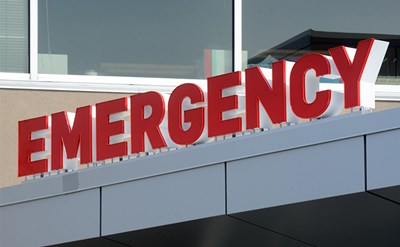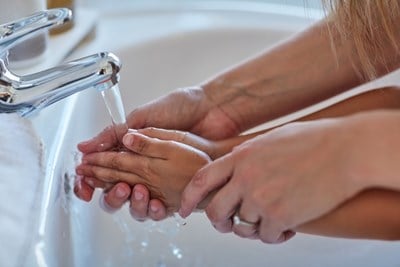WASHINGTON, D.C.—Hurricane Florence is rapidly intensifying and is currently forecast to cause a potentially devastating blow to the Southeast US. Coastline, especially in North and South Carolina as well as other parts of the mid-Atlantic, affecting millions of Americans. The nation’s emergency physicians warn the public to take this situation seriously.
“It is essential that people living in coastal areas listen closely to evacuation orders if they are given,” said Paul Kivela, MD, FACEP, president of the American College of Emergency Physicians. “One of the core concepts of disaster management is to avoid the disaster in the first place. When local authorities tell you to evacuate, please evacuate!”
Hurricane Florence threatens the Southeast Coastline with dangerous winds, severe storm surge and torrential rains that could be measured in feet, not inches. For the latest on Hurricane Florence’s forecast and other storm-related information, continue to follow your local news as well as the National Hurricane Center.
During a hurricane:
- Remain calm.
- Reassure children that they are safe and explain what is happening. ACEP has a learning game called Disaster Hero that can help them.
- Listen to local radio and television stations for updates; follow all instructions.
- If the electricity goes out, listen to a battery-powered radio for instructions. If told to evacuate, leave right away. Use flashlights instead of matches.
- If you smell gas or suspect a leak, turn off the main gas valve, open windows, and get everyone outside quickly. Shut off any other damaged utilities (a professional will need to turn the gas back on).
- Clean up any spilled household chemicals, gasoline, or other flammable liquids immediately.
- Confine or secure your pets.
- Check on neighbors, especially elderly or disabled persons.
“Emergency physicians are on the front lines of disasters, and they are on alert in the affected areas, ready to care for anyone who needs it,” said Dr. Kivela. “We strongly urge the public to take all precautions, including stocking up on essential items, such as prescription medications, first aid supplies, food and water.”
ACEP offers extensive disaster preparedness tips in its Family Disaster Preparedness Guide.
 American College of Emergency Physicians
American College of Emergency Physicians







